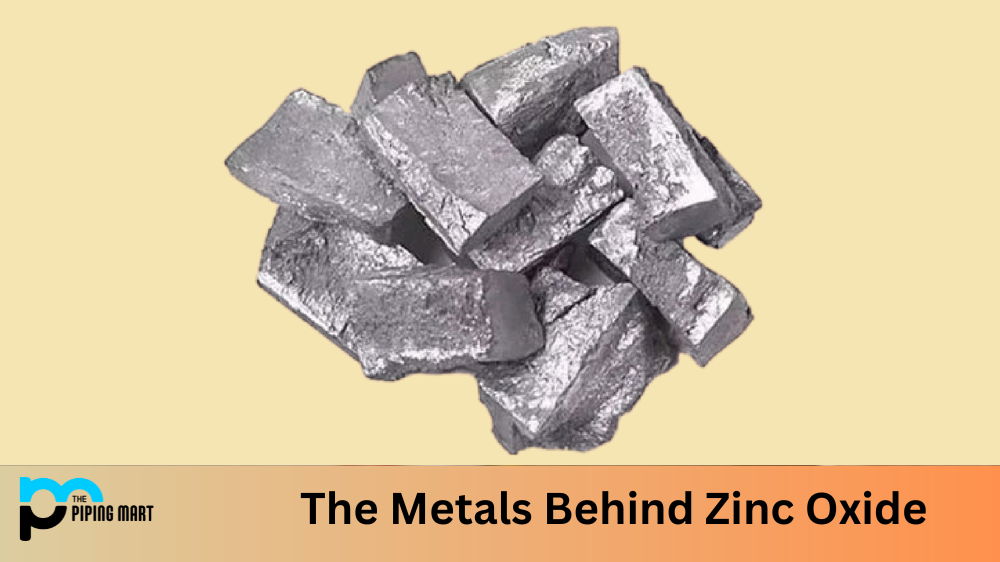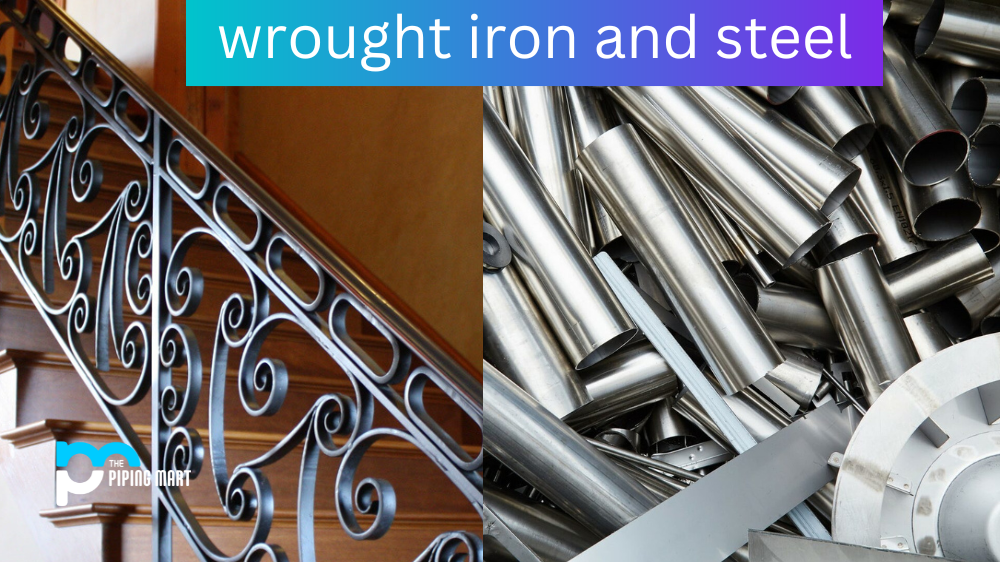Have you ever wondered if the white paste you put on your nose during a day at the beach is made of metal? You may have heard that zinc oxide is a metallic element, but not all versions are quite as ‘metallic’ as one would expect. Today, we’ll take a closer look at zinc oxide and explore how metallic zinc is obtained from this versatile compound.
What Is Zinc Oxide?
Zinc oxide (ZnO) is an inorganic compound found naturally in air, soil, and water. It consists of two atoms of oxygen bonded to one atom of zinc. Its natural form is colorless and odorless; however, it can appear yellow or gray when mixed with other chemicals or exposed to certain temperatures. It’s often used in products like sunscreen, ointments, paints, adhesives, plastics, rubber, and electric cables due to its non-flammable nature and UV-absorbing solid qualities.
Is Zinc Oxide a Metal?
The answer to this question depends on the type of zinc oxide being discussed. In its purest form (known as “native zinc oxide”), it has no metallic properties whatsoever; instead, it exists as a yellowish powder that easily dissolves in water. However, when other elements are added to the mix (such as aluminum or iron), the resulting product is known as “metallic zinc oxide.” It does exhibit some metallic qualities like electrical conductivity and thermal stability.
How Is Metallic Zinc Obtained From Zinc Oxide?
Metallic zinc can be obtained from zinc oxide by heating it at very high temperatures (around 800°C or higher). This process breaks down the molecular bonds between the oxygen and zinc atoms so that they can separate out into their individual components (zinc metal + oxygen gas). The resulting product is then cooled down until it reaches room temperature before it can be used for various industrial purposes, such as galvanizing steel or creating battery cells.
Zinc Oxide Properties
- Zinc oxide is a white powder that is used in a variety of products, including cosmetics, sunscreen, and ointments.
- Zinc oxide is a natural sunscreen agent that provides protection against both UVA and UVB rays.
- Zinc oxide is non-irritating and non-allergenic, making it ideal for use on sensitive skin.
- Zinc oxide has anti-inflammatory properties that can help to soothe irritated skin.
- Zinc oxide is also an effective treatment for acne, as it helps to reduce sebum production and kill bacteria.
Conclusion:
So there you have it – while most forms of zinc oxide are non-metallic, some types exhibit some metallic properties when heated at high temperatures. Understanding how these different forms work together helps us better appreciate just how versatile this chemical compound truly is! Whether you’re looking for something to put on your skin during a beach day or need a reliable material for your next big project – chances are good that you’ll find what you need with zinc oxide!
Sakshee is a talented blogger, with a particular focus on the Business and Metal Industry. She is passionate about sharing her insights on various metal products and helping professionals to make a better decisions.




